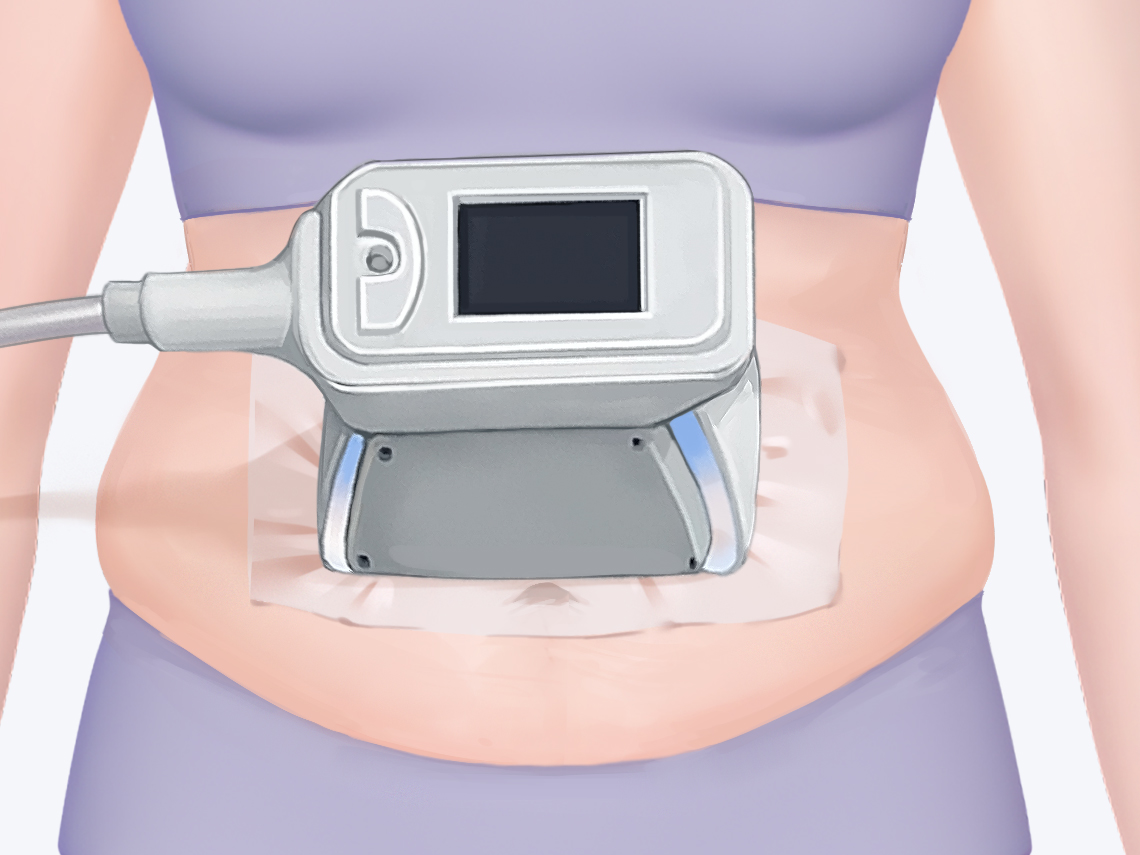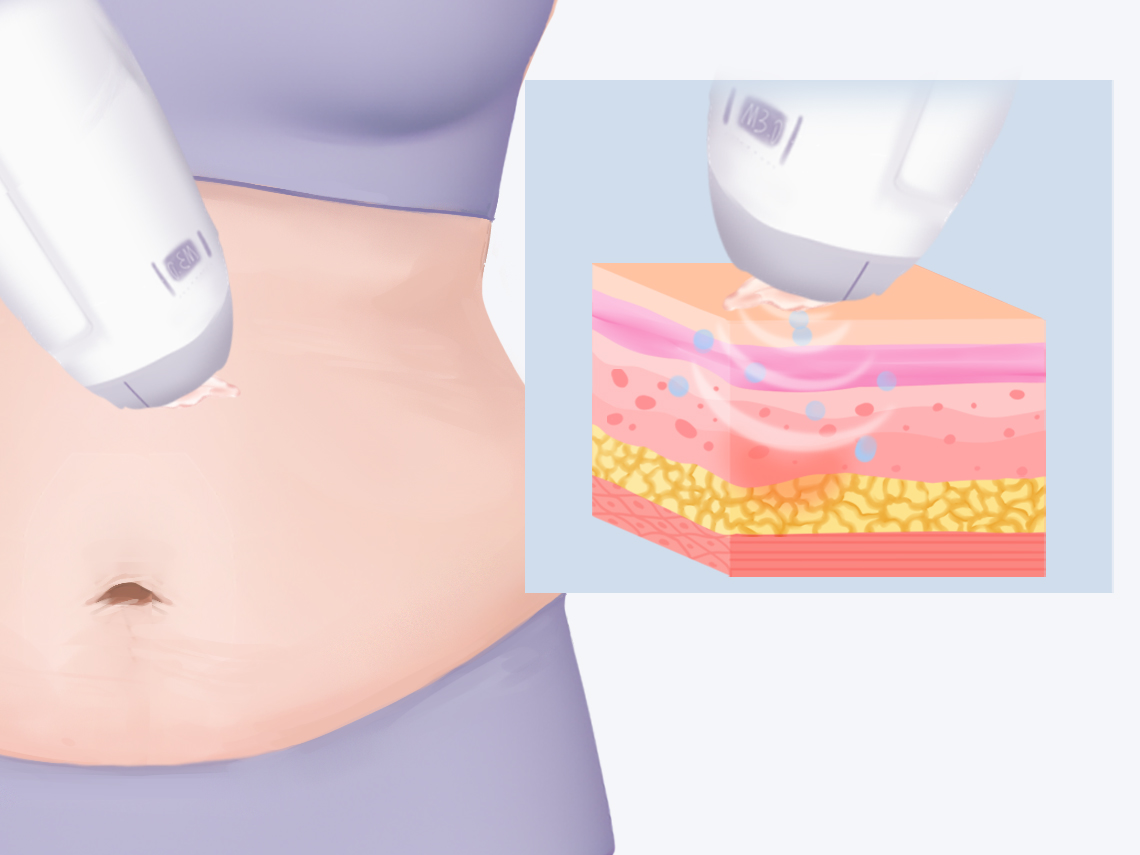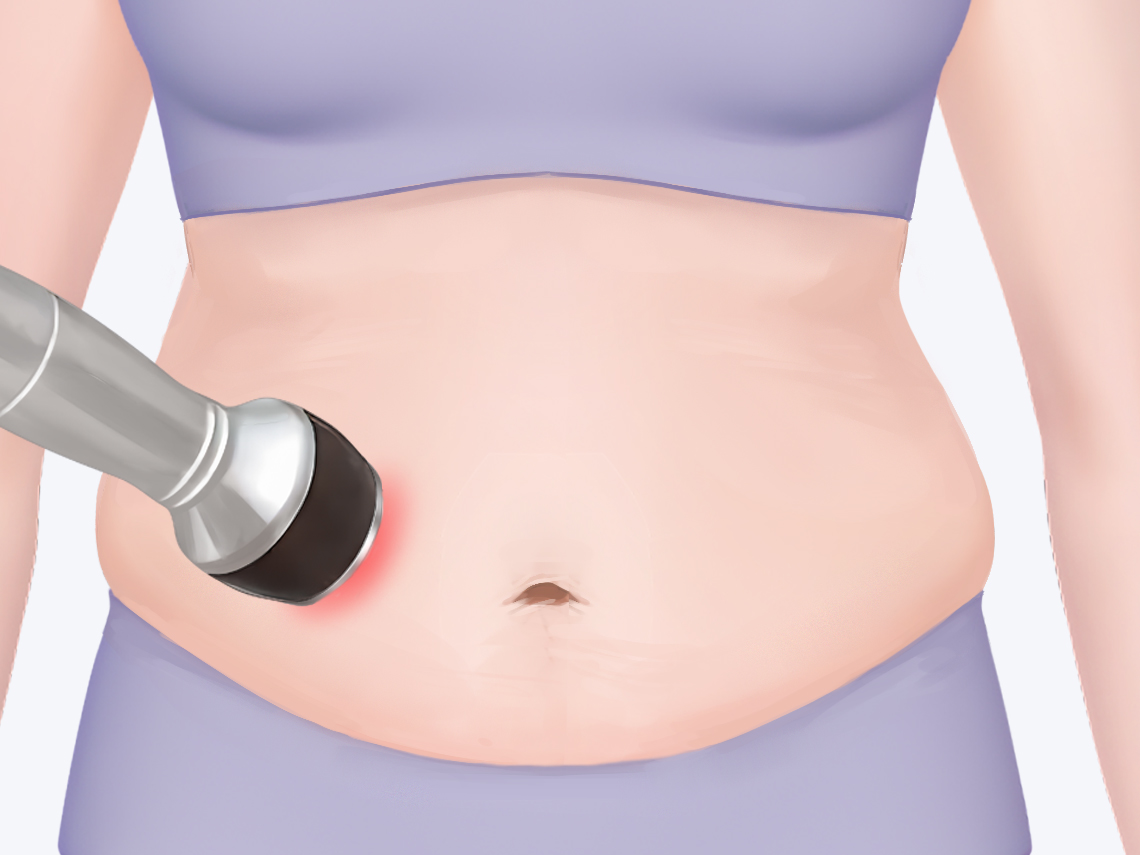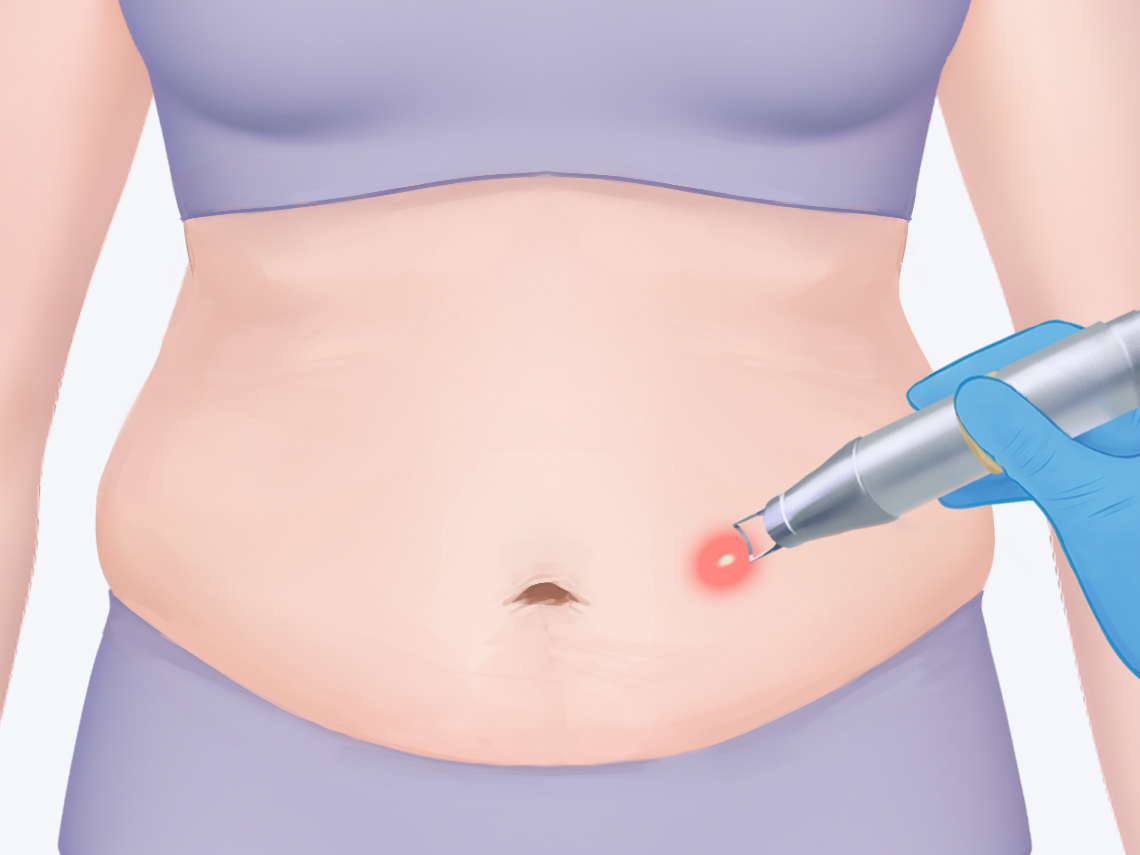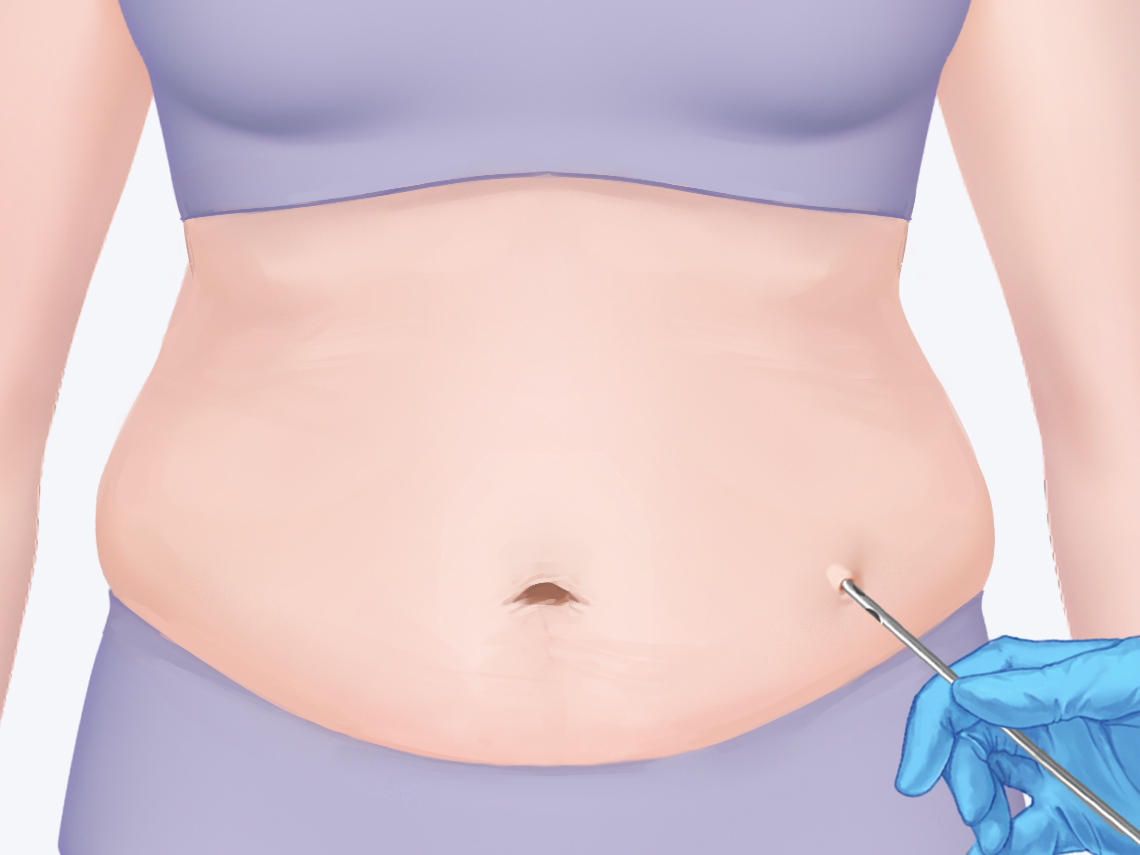I've been jumping rope for three months and haven't lost even half a pound. Why is this happening, and what should I do?
In general, not losing any weight after three months of rope skipping may be due to insufficient exercise intensity or duration, failing to meet fat-burning standards, or compensatory eating after exercise, where calorie intake far exceeds calories burned. It could also be due to repeated performance of the same skipping pattern over a long period, leading to body adaptation and reduced calorie expenditure. From a dietary perspective, excessive overall calorie intake, an unreasonable dietary structure with excessive carbohydrates and fats but insufficient protein and dietary fiber are all unfavorable to weight loss. Additionally, abnormal hormone levels such as hypothyroidism, polycystic ovary syndrome (PCOS), and insufficient sleep affecting metabolism and hormonal balance can also make weight loss difficult.
If you wish to lose weight, you may also consider medical aesthetic methods such as cryolipolysis, ultrasound lipolysis, radiofrequency lipolysis, carbon dioxide laser lipolysis, and liposuction to improve body shape. Usually, the effects vary from person to person. It is recommended to consult professional doctors to choose the most suitable method according to your individual situation.
Analysis of weight-loss procedures:
Procedure Name | Cryolipolysis | Ultrasound Lipolysis | Radiofrequency Lipolysis | Carbon Dioxide Laser Lipolysis | Liposuction |
Example Image |
|
|
|
|
|
Working Principle | Uses low temperatures to freeze and destroy fat cells, which are then naturally expelled from the body to achieve slimming effects | Utilizes ultrasound energy to break down fat cells, thereby achieving weight-loss effects | Uses radiofrequency energy to cause fat cell rupture and death, achieving weight-loss effects | Uses laser energy to rupture fat cells, which are then absorbed by the body to achieve slimming effects | Uses suction to remove excess subcutaneous fat, achieving slimming effects |
Suitable Candidates | Individuals with mild obesity and localized fat accumulation | Individuals with localized fat accumulation | Individuals with localized or generalized obesity | Individuals with relatively normal weight but localized fat accumulation | Individuals with moderate to severe obesity and uneven fat distribution |
Recovery Period | 1–3 months | 1–2 months | 2–3 weeks | 1–3 weeks | 3–6 months |
Duration of Effect | 5–10 years | 3–5 years | 3–5 years | 1–2 years | 5–7 years |
Reference Price | ¥3000–5000 per session | ¥3000–8000 per session | ¥5000–10,000 per session | ¥8000–20,000 per session | ¥10,000–30,000 per session |
Advantages | 1. High safety profile 2. Non-invasive and painless | 1. Non-invasive 2. Safe and effective | 1. Convenient and quick 2. Minimal tissue damage | 1. Non-traumatic 2. Painless | 1. Precise targeting 2. Long-lasting results |
Potential Risks | 1. Skin redness and swelling 2. Skin frostbite 3. Increased burden on the liver | 1. Nerve damage 2. Uneven fat reduction 3. Skin allergy | 1. Skin irregularities 2. Skin swelling 3. Nerve damage | 1. Possible infection 2. Skin indentation 3. Hematoma formation | 1. Skin flap necrosis 2. Delayed wound healing 3. Numbness in treated area |
It is recommended to visit professional medical institutions, consult experienced physicians, understand the detailed mechanisms and potential risks, and choose a suitable method tailored to your personal condition.





